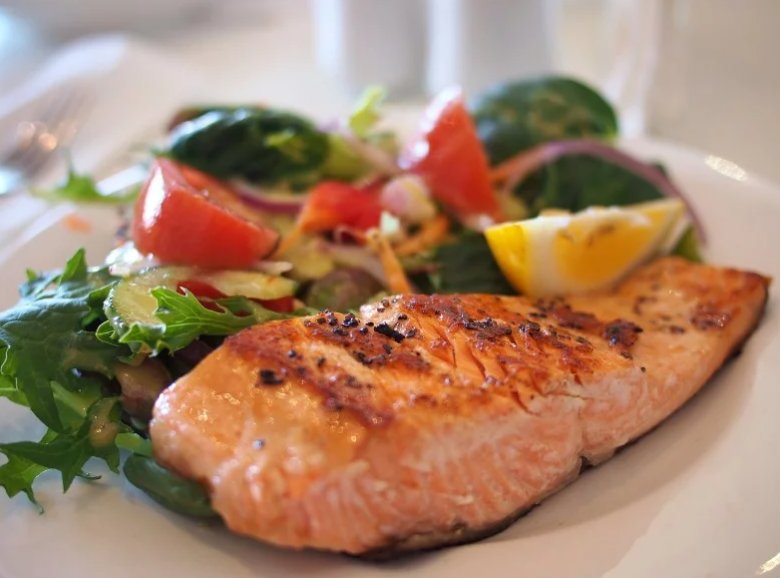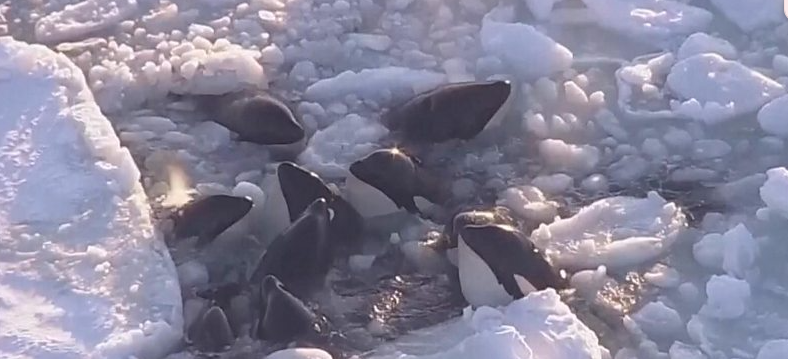Along Turkey’s Black Sea coast, a silent revolution is underway. Giant aquaculture farms now produce tons of rainbow trout, marketed under the name “Turkish salmon,” flooding international markets. In just a few years, exports have multiplied sixteenfold, reaching nearly 80,000 tons in 2024.
Russia, deprived of Norwegian salmon due to sanctions linked to the war in Ukraine, absorbs the bulk of this production. But other countries such as Vietnam, Japan, and Germany are also starting to show interest in this product, which is cheaper than its Scandinavian competitor. Turkish producers emphasize quality, claiming their fish rivals Atlantic salmon in flavor and texture.
Yet behind this economic success lie environmental and social challenges. Local studies reveal alarming mortality rates among young fish, sometimes exceeding 50%, while traditional fishermen complain about the disappearance of wild species around the farming cages. Some have had to migrate to other fishing zones, as far as West Africa, to sustain their livelihoods.
Despite these tensions, the sector continues to grow, supported by massive investments and a steadily increasing global demand for seafood products. Sustainability labels, although contested by some experts, allow Turkish producers to target new markets, especially in Europe. This race forward raises the question of balancing economic growth with the preservation of marine ecosystems.
Source; turquie news



